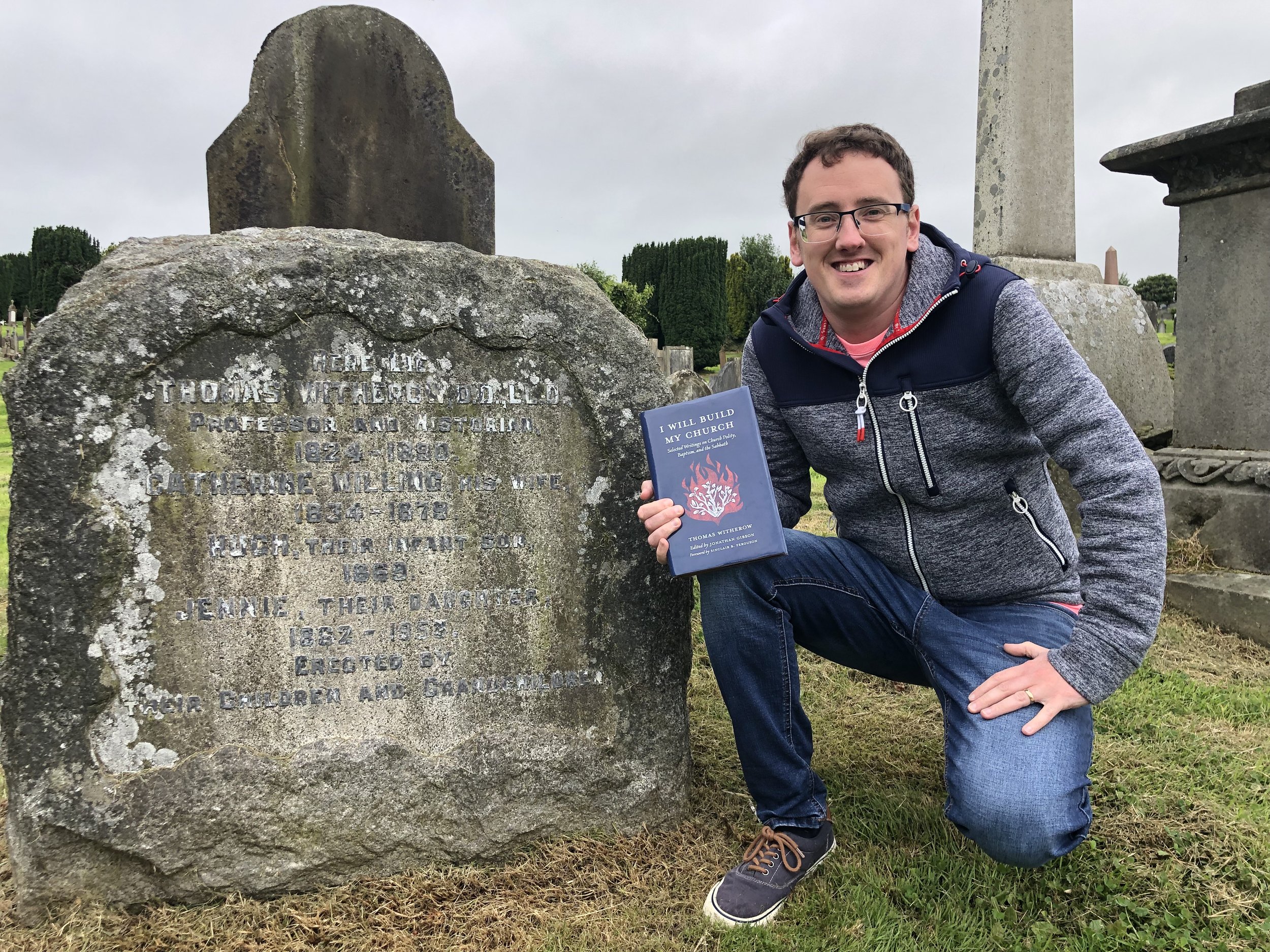Book review by Trinity McConnell
Everyone’s a Theologian
R. C. Sproul
Ligonier Ministries, 2014
Is theology a dying art?
So often as a young person in this day and age I hear the phrase: “As long as you have a relationship with Jesus, nothing else matters." Although I commend the prioritisation of a relationship with Christ, it's disheartening to think of my generation in the church growing up with no desire to inspect the Scriptures to have a broader understanding of their faith and how they practise it. Everyone's a Theologian, by R.C. Sproul, seeks to make theology more accessible by encouraging all Christians to take an interest in, and giving a simple introduction to, big Biblical concepts.
As a novice myself I found that the book lived up perfectly to its subtitle: ‘An introduction to Systematic Theology.’
The book is in eight parts. An introduction informs the reader of important concepts to consider before studying theology at any level, eg the infallibility of scripture, the purpose of theology and the three theological disciplines: biblical, historical and systematic.
This is followed by sections on; Theology proper (the study of God), Anthropology (the study of human beings) and Creation, Christology (The study of the nature and work of Jesus Christ), Pneumatology (the person and work of the Holy Spirit), Soteriology (salvation), Ecclesiology (The study of the church) and finally Eschatology (death, judgement, heaven and hell). The book is laid out in simple format and uses easy to understand language.
I would recommend this book to anyone who has ever wanted to study theology (young or old), who thought they hadn't the ability or didn't know where to start. I'd also recommend it to anyone who thinks that theology is unnecessary or leads to traditionalism or legalism - in the hope that it will give them the positive outlook and joy that studying the word of God should bring. I would even suggest that those looking to revise an old topic, begin a new one or even just get a refresher of the overall picture of the main branches of Systematic Theology pick up a copy of this informative and to the point piece of literature.






